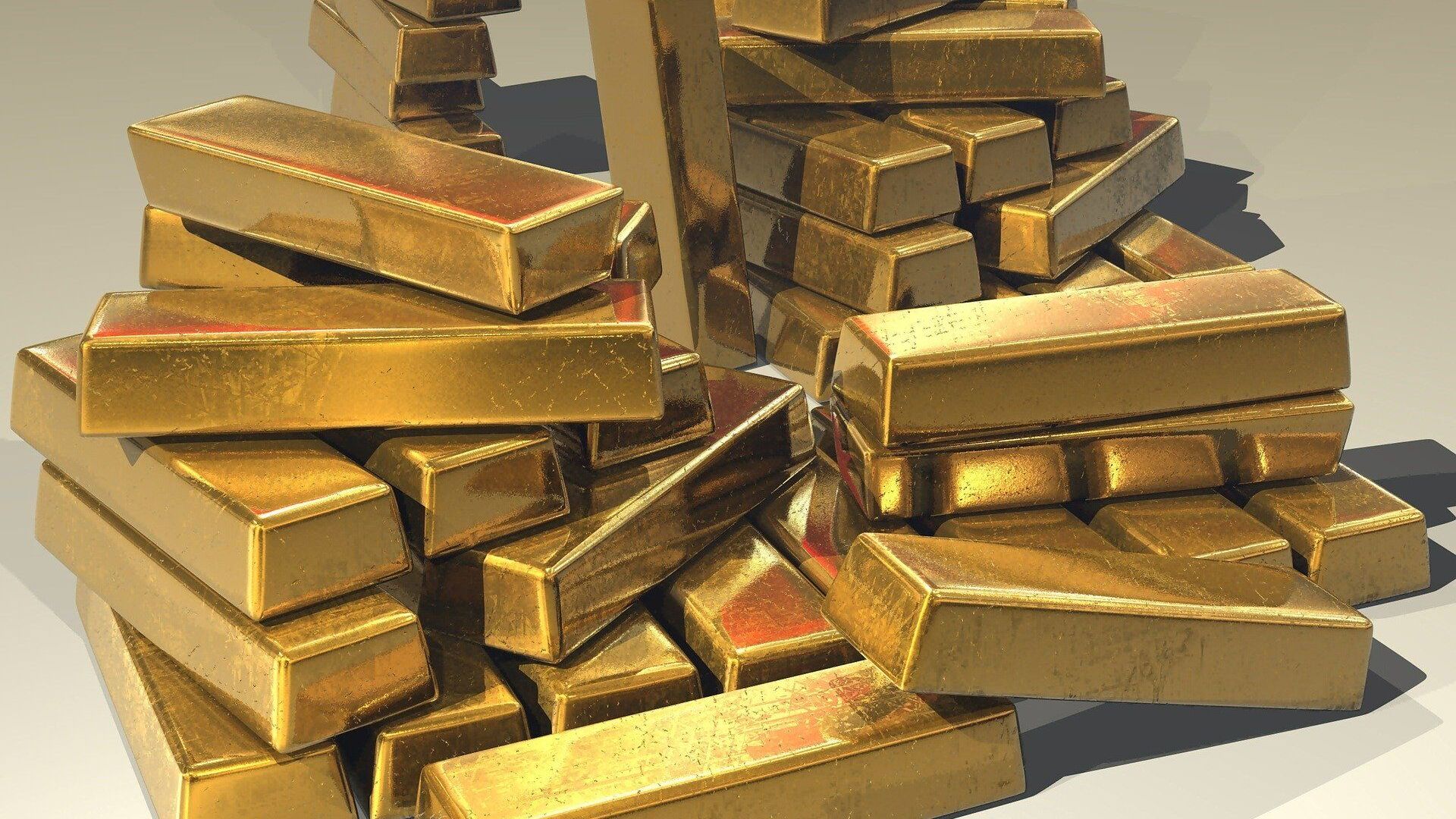China Reveals Purchase of Over 1 Million Gold Ounces, First Addition to Reserves Since 2019

CC0 / /
Subscribe
Nations around the world went on a buying spree for gold earlier this year, which analysts fear may hint at growing economic instability. The precious metal, long used as currency, is prized for its value stability amid the upheavals of capitalist boom and bust. However, it also has important industrial applications.
According to the most recent data published by China’s State Administration of Foreign Exchange, the socialist state recently made its first purchase of gold for its reserves in nearly three years.
The data, published at the start of the month, showed that China bought 1.03 million ounces of the precious metal, or the equivalent of 32 tons, worth $1.8 billion.
The buy increases China’s total gold reserves from 62.64 million ounces to 63.67 million ounces, or about $112 billion. It is the world’s sixth-largest stash of gold, after the US, Germany, Italy, France, and Russia.
The purchase came amid a flurry of buys by other countries. According to the World Gold Council, the third quarter of 2022, from July 1 to September 30, witnessed the largest-ever mass of gold purchases for such a time period at 399 tons. The high demand has driven up prices, which are currently around $1,775 an ounce.
According to reports in Chinese media, Beijing made the big buy was aimed partly at reducing the proportion of US dollar assets it holds. In the year prior to Q3 2022, China dumped $113.9 billion in US Treasury bills.
The purchase of gold is also seen as reflecting the increasing volatility of global markets, as whispers of a global recession in the coming year grow stronger.
However, China is also the world’s largest consumer of gold, using 1,100 metric tons last year. The malleable metal has wide applications in industry, but roughly 80% of gold used in industry goes into electronics, where it’s valued for its conductive properties and its resistance to tarnish. China is the world’s largest producer of electronic devices, manufacturing 36% of the annual total.
That central role has also made China the world’s largest buyer of semiconductor chips used in electronics - and made those chips an important battlefield in the stiffening competition between Beijing and Washington. US ally South Korea and the government in Taiwan, which enjoys informal US support, make most of the world’s computer chips, and China buys a large amount of them. Taiwan’s centrality in making high-end chips has also made American strategists fret about the implications of a potential Chinese takeover of the island, which Beijing sees as a rebellious Chinese province.

